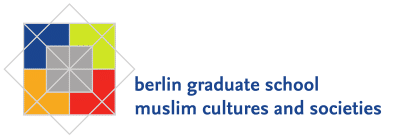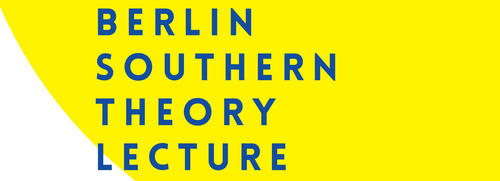Birth and Belonging in an African Diaspora: Global Webs and Local Exclusion from Cameroon to Berlin
Issues of identity and difference, of belonging and exclusion are central to current debates regarding immigration and health care reform. The ways in which individuals establish and experience membership in culturally defined groups are likewise core themes in anthropology. For mothers and their children, the circumstances of birth—whether one is born in one’s place of origin or abroad; into wealth or poverty, health or disability; to married or unmarried parents, of similar or different culture and citizenship, and of legal or illegal immigration status—all condition belonging and its antonym, exclusion.
This project investigates how African migrants to Europe use childbearing to negotiate their gender, ethnic, and national identities. Extending prior research on rural-to-urban Bamiléké women migrants’ social networks and reproductive decisions in Cameroon, it studies how Bamiléké migrants to Berlin use childbearing to affect the ways they and their children belong to families, to cultural communities, and to countries. It recognizes histories of labor migration and the political exclusion of ethnic strangers within Cameroon as conditions for Bamiléké women’s migration to Germany. It explores how, once in Germany, childbearing helps women fulfill pressures from home while simultaneously exposing them to restrictive health care provisions for immigrants. The project focuses on the intersections of domestic vs. transnational diasporas, and the politics of belonging vs. the politics of reproduction.




